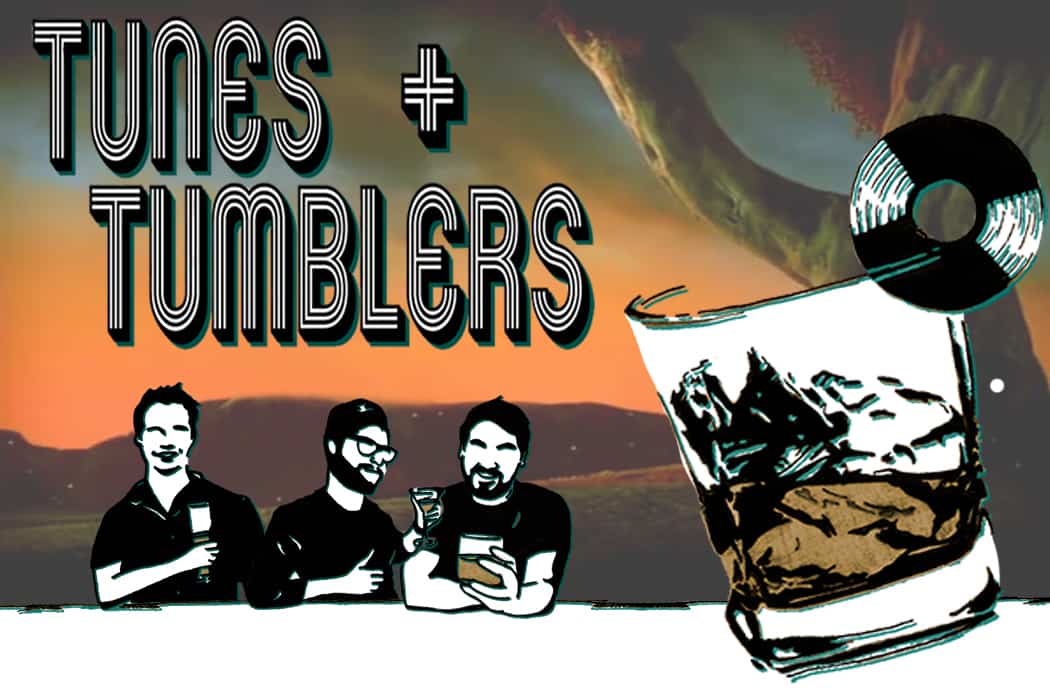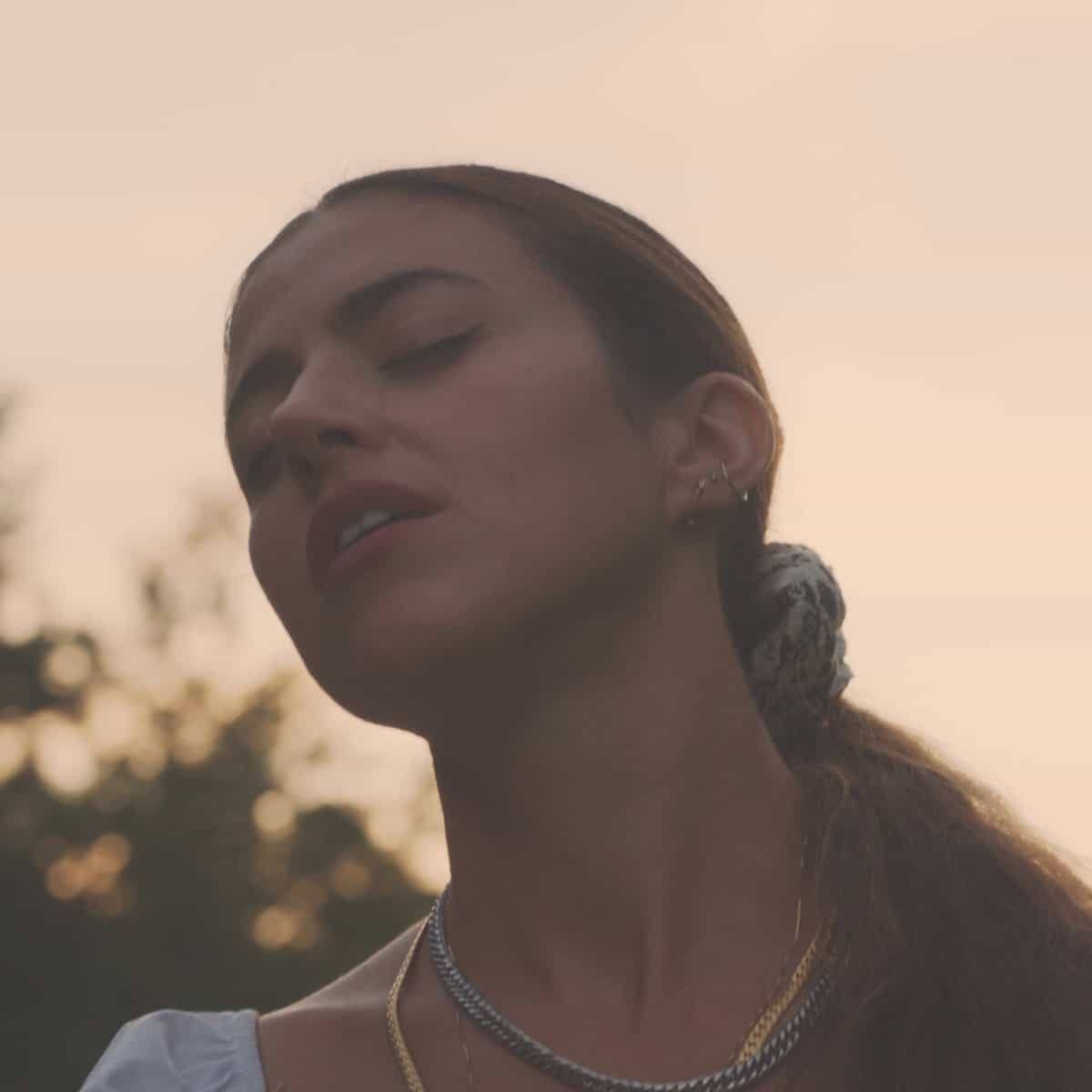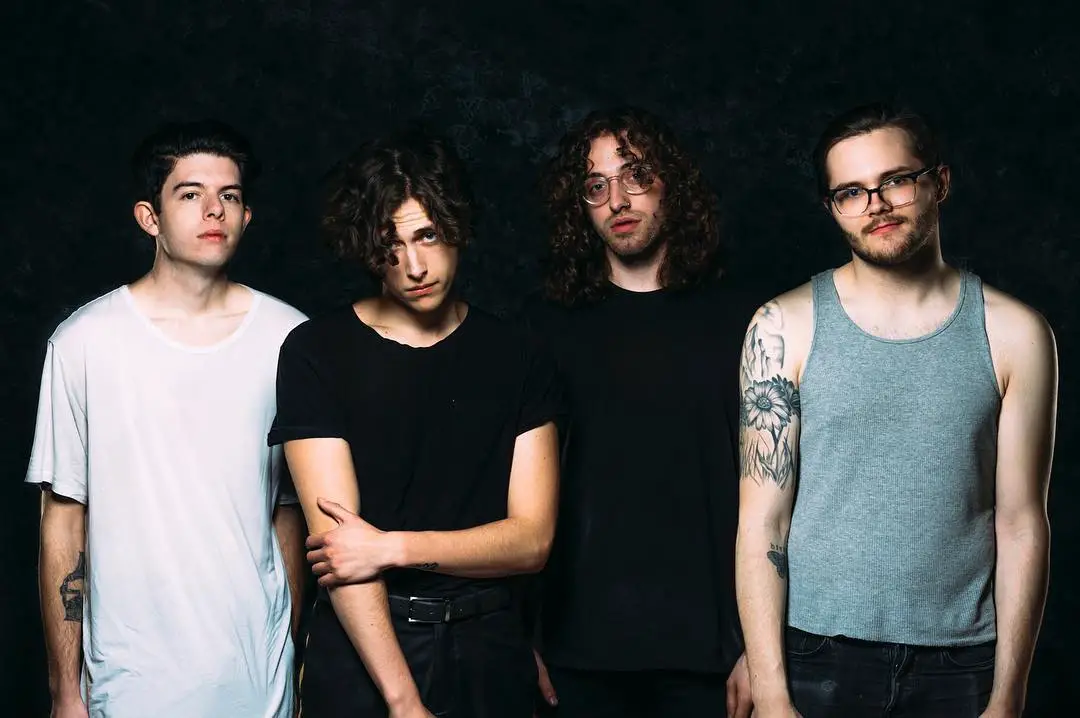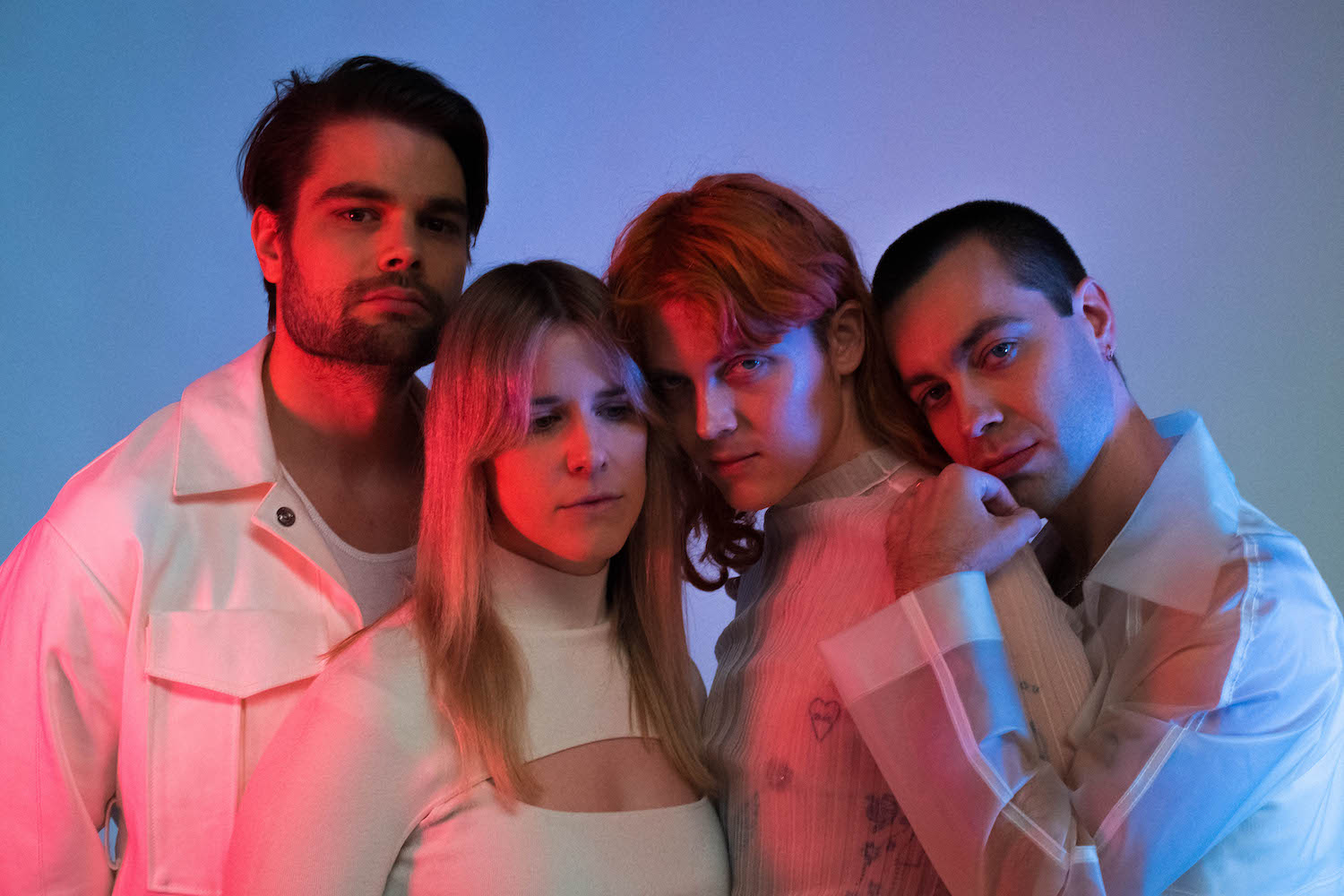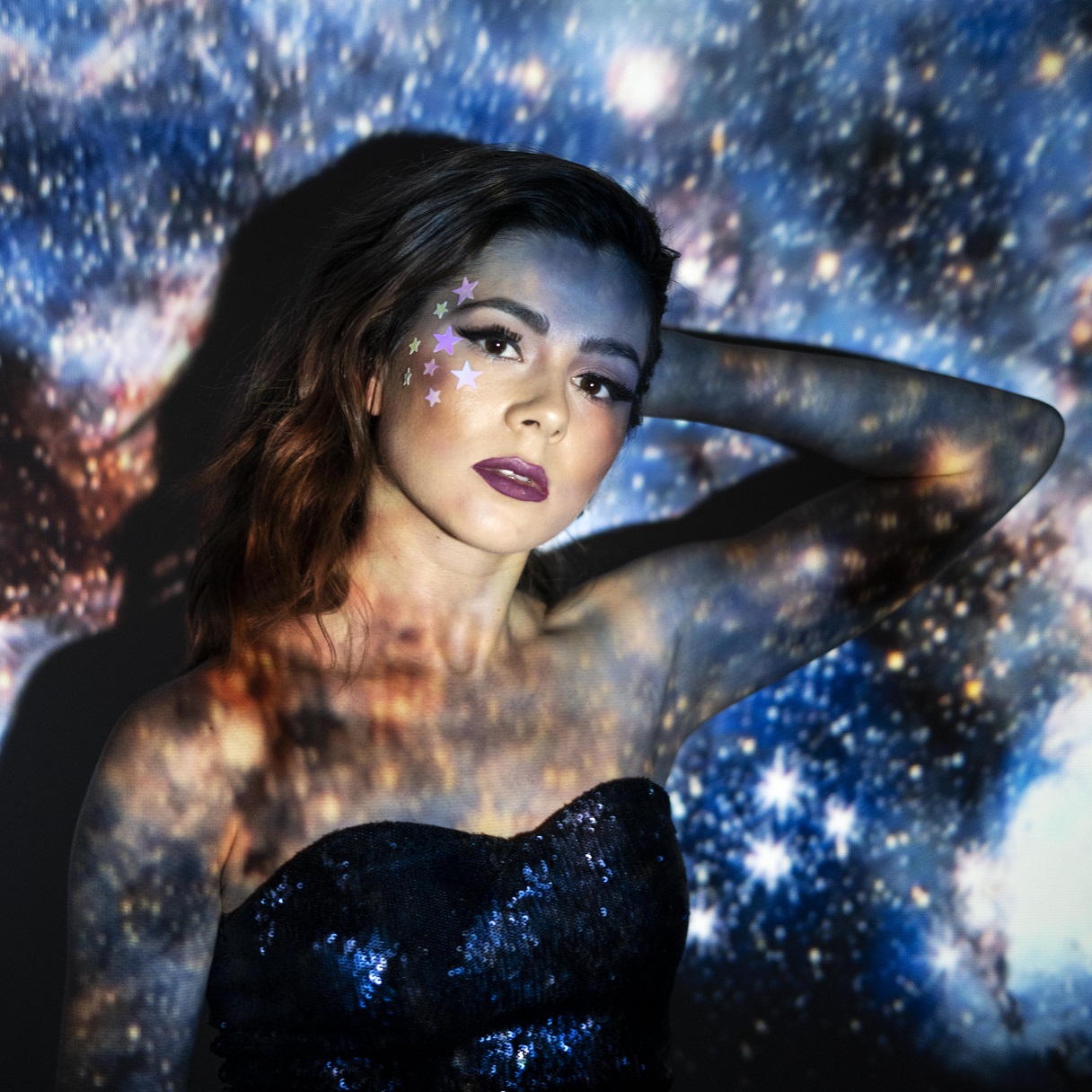New York City-based indie pop artist ROREY opens up about music and mental health in a candid interview about her new single “Standby” and a recent diagnosis with bipolar disorder.
Stream: “Standby” – ROREY
You can’t think your way out of a chemical imbalance. I would encourage anyone who’s fighting, accepting that they need help, that it’s okay to need help.
Do you ever witness life go on around you while you feel as if you are cemented to one place?
You watch everyone else swiftly moving by as you just hope and pray for a change. That is what suffering from mental health can feel like. At times it can be so debilitating, you are at a loss of how to move forward. ROREY’s melancholic pop piece “Standby” is a dreamy narration of exactly that. It is about desperately longing for transformation, but struggling to take the action needed. Her delicate, haunting tone whirls atop wistful sonics and listeners are wrapped up in her aching plight.
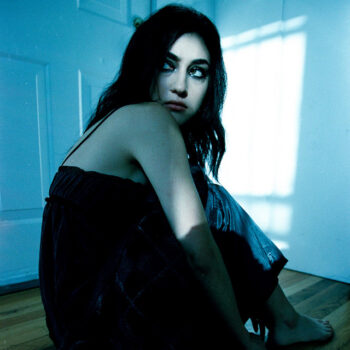
Everybody’s living life
and I’m just on standby
All my bags are packed to New York,
I’m on the red eye
Keeping it together,
but I’m dying on the inside
Everybody’s living life,
and I’m just on standby
ROREY is a bedroom pop singer/songwriter hailing from New York City. Her mental health journey has been intense, and in 2021 she was diagnosed with bipolar disorder. It was not easy coming to terms with that identification, and the artist’s upcoming EP Dysphoria (set to release later this year) explores those challenges. Many of us can connect with fighting deep inner turmoil, mental health or otherwise, making her music highly impactful. You may be standing by due to an obstacle like mental health issues or simply out of fear. ROREY reminds us that the only way things can get better is by being the change you want to see.
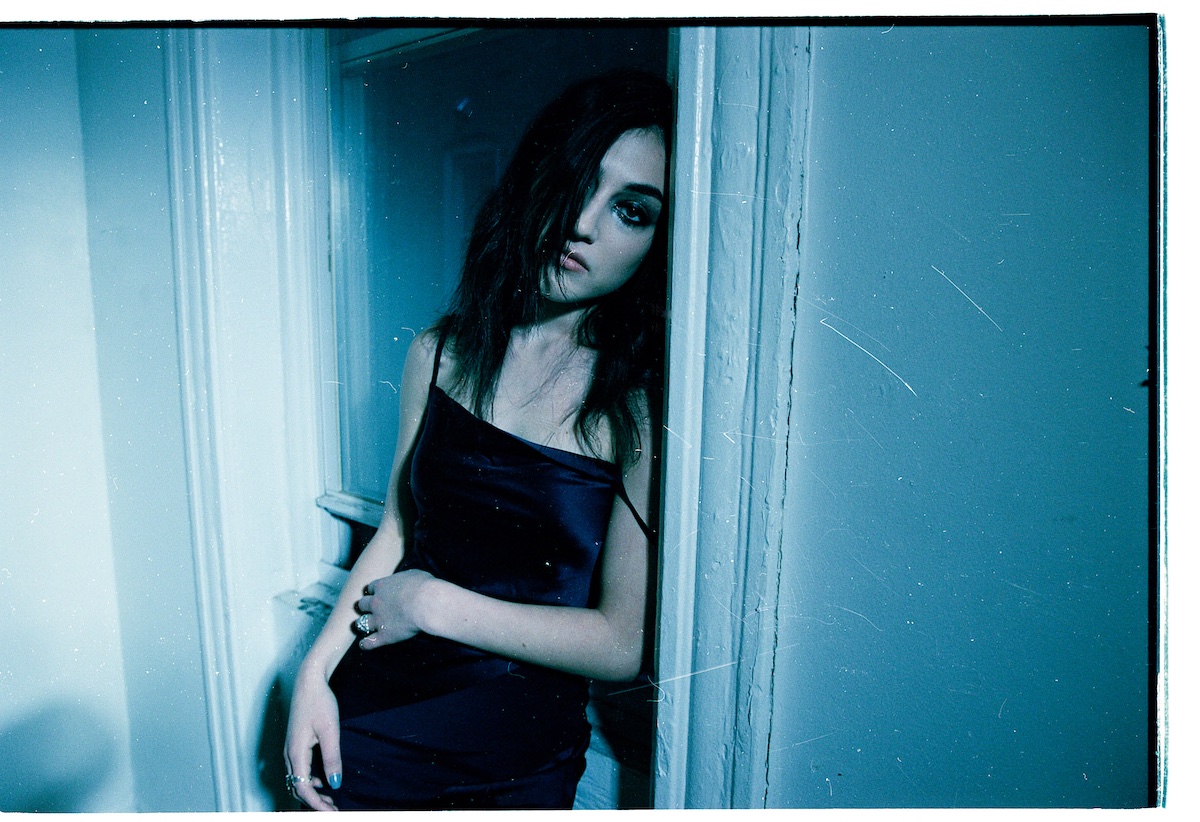
Independently released March 15, ROREY’s latest single “Standby” was written during a manic episode.
As tough as that situation was, she got the push she needed for a profound realization. She could no longer sit back and wait for things to happen; she had to make them occur. That message is one we can all benefit from. ROREY also strongly encourages us to seek the help of others. For so long she was scared to receive help and that anxiety only hindered her.
In speaking with Atwood Magazine she explains how she worked past that feeling, her new single, her ethereal sound, and more. Read our interview below and stay tuned for ROREY’s sophomore EP Dysphoria, out later this year.
I’m so misunderstood, did things I never thought I would
It’s been too long since I’ve been alright, but it’s fine
This place is getting boring, out of patience
I can’t keep ignoring, need a vacation
From the pain, I feel insane
Everybody’s living life and I’m just on standby
All my bags are packed to New York, I’m on the red eye
Keeping it together, but I’m dying on the inside
Everybody’s living life, and I’m just on standby
— —
:: stream/purchase Standby here ::
:: connect with ROREY here ::
Stream: “Standby” – ROREY
A CONVERSATION WITH ROREY
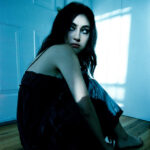
Atwood Magazine: Your wistful indie pop song “Standby” is extremely powerful. So often we just stand by waiting for our lives to change forgetting that change can only arise once we take action towards that evolution. How did you come to the conclusion that it was time to act?
ROREY: I don’t know why I’m going to get emotional answering this question. I think you caught me in a moment of deep introspection because I just got back to my apartment. I was so fed up. I had a really bad manic episode, November 2020, and I was refusing to get help. I would try a medication, and I would have a side effect and just stop. I wasn’t ready to accept the diagnosis. It got to a point where I had my third severe episode where I think I slept six or eight hours in seven days. I had booked sessions ahead of time with my friend Scott just because I really needed to get it all done. I remember watching my friends live their lives. Everybody’s living life, and I’m just on standby. They were experimenting with their hair and their style, and they were traveling for spring break because I was 21 at the time that I wrote this. I was stuck. I thought… Who am I? What am I doing with my life? I’m literally debilitated by this cycle of highs and lows, and I was so fed up.
I was coming down from the mania at that time. I was really disassociated and depressed. I remember looking at Scott and being like, I’m done. Out of patience. That lyric was… “This place is getting boring, out of patience.” Originally, we’d written out of medications because it had gone to the point where I was like, do I take it or not? I thought… I have so much to live for. I have so much to offer to this world and to do, and I’m literally standing in the way of my own life because I wanted to put blame on everyone and everything. My mom doesn’t understand. I’m just emotional. I’m just an artist. I was hiding behind these things. I didn’t understand what being bipolar was at all. It wasn’t a diagnosis that gave me peace, it felt like a death sentence. I really started to convey a lot of my personality with my symptoms. Once I realized that, I thought… I’m done. I need help. That’s it.
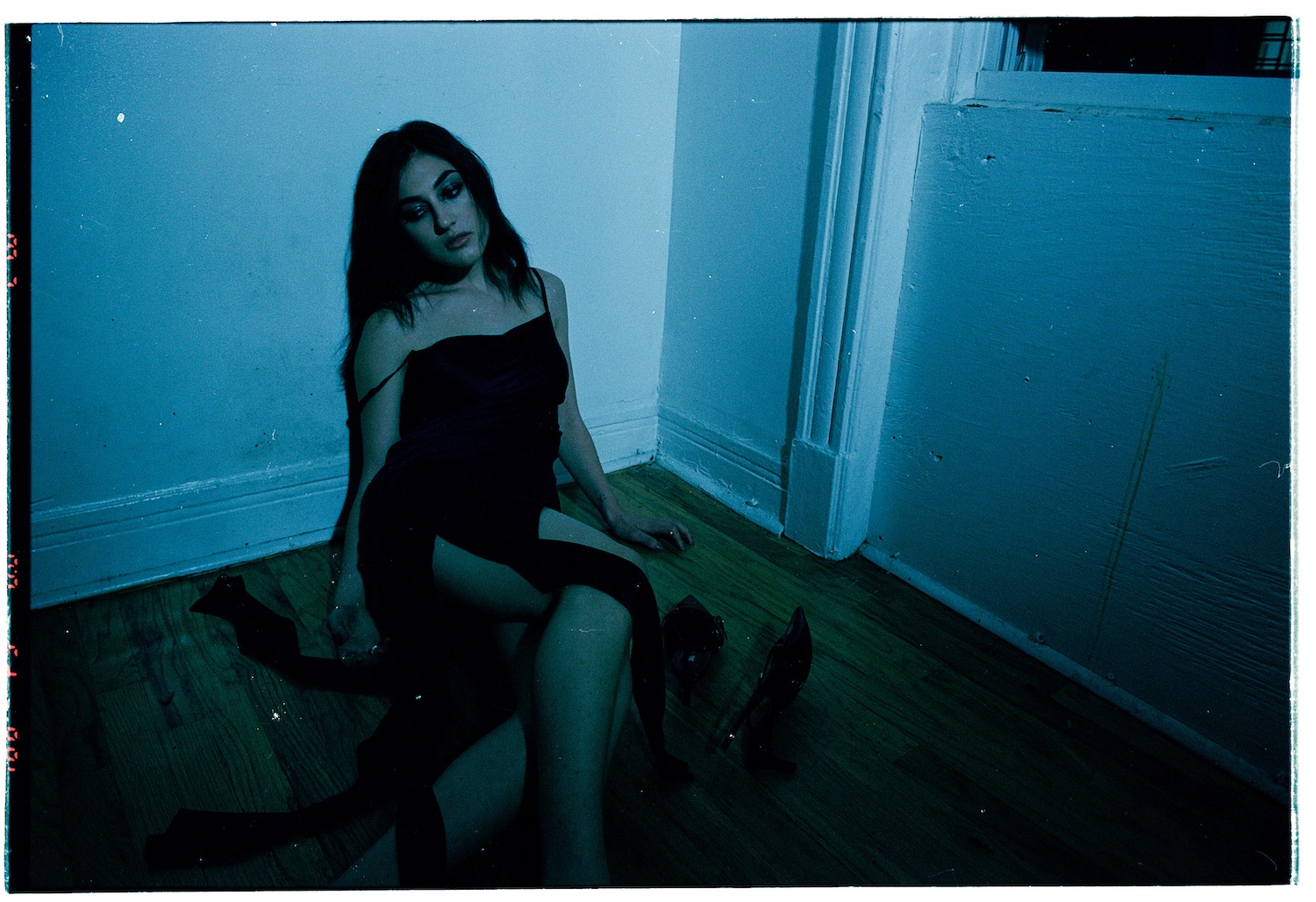
“Standby” deals with your mental health struggles and was written during an intense manic episode. Can you explain more about that and provide advice to others going through something similar?
ROREY: So at the time, someone had said to me, I think three weeks earlier, you can’t think your way out of a chemical imbalance. I would encourage anyone who’s fighting accepting that they need help, that it’s okay to need help. I think that there was so much pride that came with accepting help and taking medication. My friend had told me, “You can’t think your way out of it.” You can be self-aware that you’re not okay. I felt embarrassed and ashamed that I needed external support to balance my brain. It was out of my control at that point.
It’s okay to need help. How are you supposed to do that yourself? You can’t sit there and have a conversation with your brain chemistry. You can work out, eat well, you could do all those things, but if there’s an imbalance, there’s an imbalance. I think there’s so much stigma around that too. I would just encourage anyone to accept that they need help and it’s hard.
The track features your stunning airy vocals and soft, serene backdrop. How did you develop the offering’s pensive style?
ROREY: It was really cool how it happened, because as I mentioned I booked a session in advance, and sometimes I come into a session with a song idea, like half-written song and half-formed melody. Sometimes I just come in and we’re talking about life and it happens. I had to excuse myself to the bathroom because we started working on a song where we weren’t feeling it. When I came back, I remember singing to him. We talked about what that meant in a really cerebral way. I can remember picking up his classical guitar and just playing these two cords with down strokes. As the lyrics unraveled, the sonic atmosphere did too.
I think that the “la, la, la” is the sonic version of putting your fingers in your ears and trying to cut the noise out around you. In this case, it was my thoughts. I was like, shut up. I literally can’t do this anymore. I think that what was so fun for Scott and I was to create this juxtaposition between the most unnerving feeling ever and make it so ethereal and removed. I didn’t really go into the booth thinking, I’m going to sound ambivalent and sing this like I’m drugged out. It’s how I felt. I was entirely apathetic. It didn’t come from a place of sadness. It was an observatory experience in my life. I was so disassociated. I don’t know if that makes sense, but the airplane chatter. I wanted to invite people into my world. The internal monologue that I say, I went into the booth and free-styled that. Then I wanted there to be this haunting, whale synth that plays throughout. I’m a slut for major seven chords, so we put down some synthy open. It’s one of those things where it just happened. My producer is one of my favorite people. I’ll tell him an idea, and he’ll say, okay, I got that.
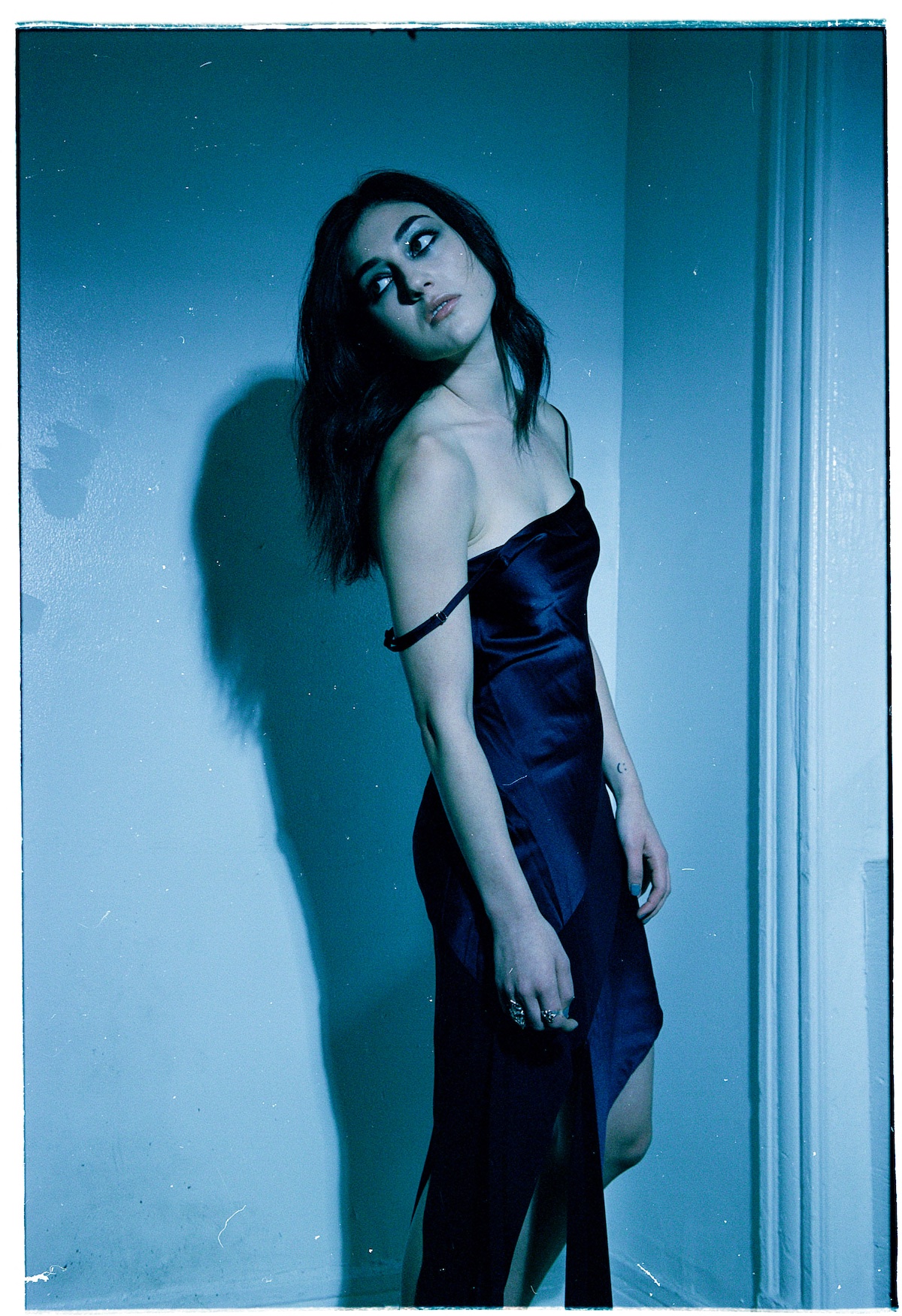
You were recently diagnosed as bipolar. How has that analysis affected your life? Is it helpful now being able to identify what you go through?
ROREY: I was diagnosed three and a half years ago. Now, I think it’s helpful because once I accepted help, I could manage it, and I’m not debilitated by it. But it didn’t bring me peace of mind to hear that. The only reason I refused to take medication was, am I just a sum of too much dopamine and serotonin? Like I told you, I started comparing my personality with my symptoms. So I thought, oh, there’s an explanation for everything that I am. It was so hard to reconcile with. There’s so much stigma that comes with bipolar. I wasn’t even educating myself on what it was.
The media represents bipolar disorder in the most inaccurate way. It’s not being emotional and sobbing and laughing. It’s literally sinking depression Any form of paranoia that ranges on the spectrum of having auditory and visual delusions to just feeling unsafe for no reason. No, it was horrible. It wasn’t helpful to know. It was harmful at the time, but I think that now I’m happy that I know what it is so that when I feel myself getting a little bit manic, I can identify what I need to do to bring myself down. I’m more aware of my symptoms, and I’m more aware of my personality. And they do intersect to an extent, but not really.
Your upcoming EP Dysphoria dials into navigating your mental health difficulties. What has it been like crafting the pieces for the project?
ROREY: The demos were all written during that time in real-time. I would text Scott at 4 AM and ask, can I come in tomorrow and do this? It was so cathartic. There’s lyrics in the project that is like, I can’t even go home because I had gotten in a terrible fight with my mom, and I guess she was on her tough love vibe. I remember just coming back home from LA in December when we wrapped up the songs in post-production. I’m walking into my apartment and hugging my wall and just being like, I did it. I’m out of this. In retrospect, listening to those songs was very painful for me and rewarding. I used to hate her. And by her, I mean that version of myself that was completely unhinged, and the blame for why I felt like my life was on standby.
But then listening to the songs, I thought, I really felt this way. That’s so heartbreaking. The version of me that felt this way did something with that pain and got me here, so she really is me. I think I came to forgive her and myself. We also happen to be working on the songs during the exact time that I had my first episode, which was just by chance. It was really surreal and emotional for me. I was crying a lot. I think it was cool in terms of you’re asking about the sonics. They were pretty raw demos, so I got to create the sonic atmosphere in a retrospective way and think, oh, I felt that way. Okay, how can we highlight what’s already there?
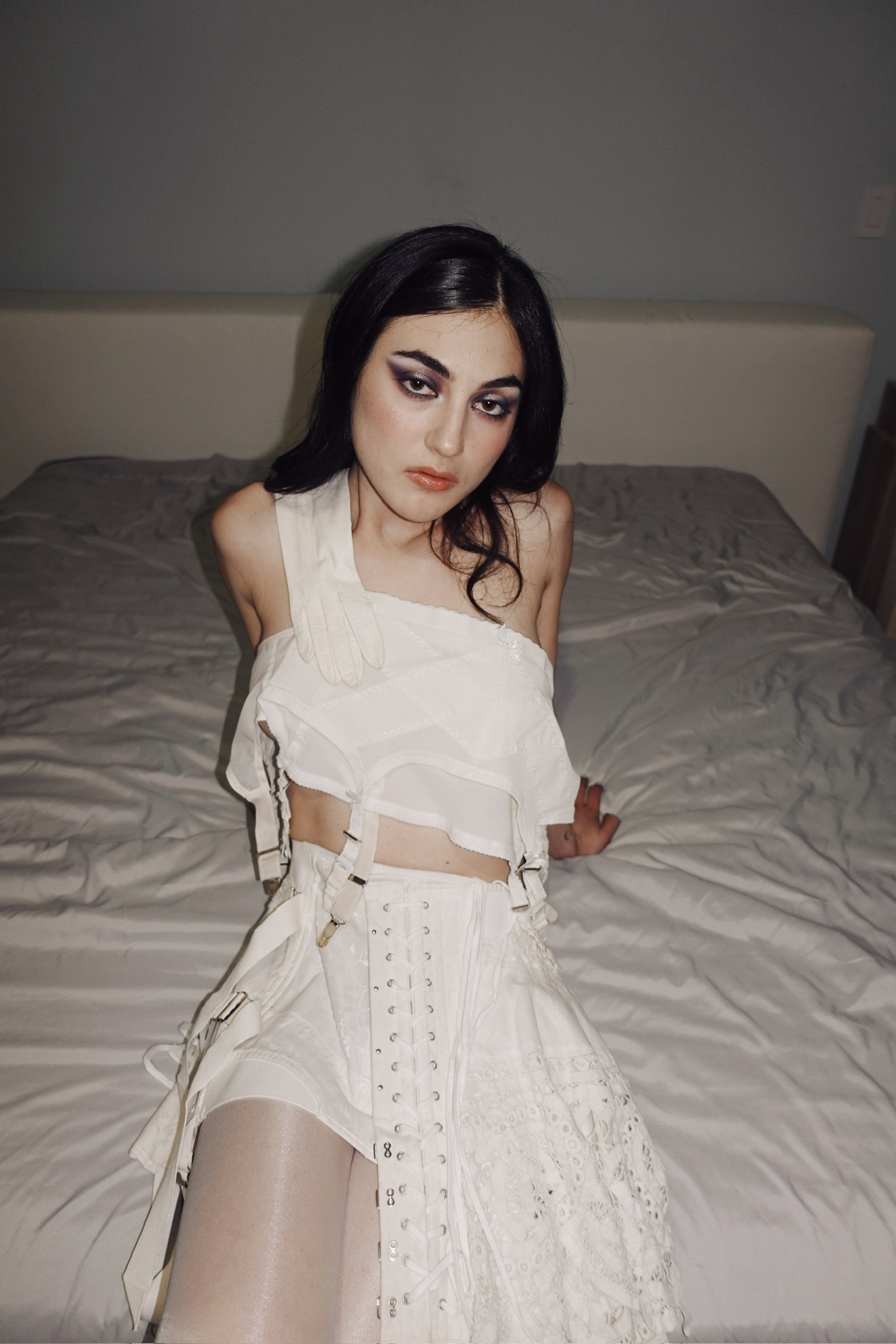
The version of me that felt this way did something with that pain and got me here, so she really is me. I think I came to forgive her and myself.
As a New York native growing up splitting your time between New York and Los Angeles, has that bicoastal upbringing influenced the music you create today?
ROREY: I feel like in LA, I wrote a lot of introspective music that was really about me and my psyche. I think when I’m in New York, I’m writing about real-life experiences that are actively happening to me, and the songs that I write here are more energetic. The inspiration comes from a different place. New York is very frenetic. I think that when I’m writing music, I’m either receding into myself to get away from that energy or I’m harnessing that energy in writing. In LA, the inspiration came from observing reality and observing myself because it’s such a peaceful place to live. It’s really quiet. It’s not like you go out onto the street and people are in your face. I literally live on 14th Street, which I say in my song, and a homeless man literally tried to touch me a week ago. I haven’t quite figured out how the songs differ based on where I am, but I know that they’re way more sensitive than LA.
You have an impressive knack for storytelling, even drawing inspiration from text conversations. How would you describe your unique songwriting process?
ROREY: I don’t have a set process. I think it really comes from this deep… as cliché as it sounds, and I’m sure a lot of artists say this, need to express myself. Either I would be doing this on the side forever or with my life. I had a falling out with a friend, and every day I was sitting by my guitar writing for the sake of writing. Sometimes I go into a session with off-formed songs and melodies, and my favorite part of making music is collaboration, so I love having a co-writer. A lot of my songs are written with one other person in the room, and we make a demo. The other day, I was walking down the street and typing in my notes app, and I almost ate shit because I was trying to figure out how to rearrange a lyric 10 times.
I used to sometimes sing random melodies that would turn into a song, but I don’t really do that anymore. I think I’ve become strictly lyrical. Sometimes I’ll pick up my guitar, and it will flow out in one take and be a voice memo that I will cherish forever that I turn into a song. It happens in all different ways. The text message, for example, I got in a horrible fight with my ex. He was horrible, not even exaggerating. He had blue eyes. I remember texting my friend in the middle of the night, “and I watched his eyes turn crimson, and they were a beautiful blue.” She’s like, can you make that a lyric? So I did it in a song, “watch your striking blue eyes turning crimson on a dime.” It’s just anything that inspires thought or poetic things that I say, my friends are always like, can you just make that a lyric? I think, oh, you’re right.
I understand through your parents some of your early musical influences include Santana and Pink Floyd. Who would you say are some other musical icons you look up to?
ROREY: That’s such a hard question because in terms of the music I listen to, I literally get obsessed with four songs every week and listen to them on repeat. I really love Santana, “Black Magic Woman”. I begged my mom to play it every day on the way to school. I love Train. I’m trying to think when I was 12, 14 who really made me want to play music. Joe Jonas was the reason I wanted to play guitar. Also Taylor Swift is such an incredible songwriter. But she didn’t influence my style. She’s such an inspiration. She’s so vulnerable and raw. In that sense, it inspires young artists to be the same. Young the Giant was a huge band that I listened to. I was really into alternative music when I was 14, and I never thought I’d make an indie rock project. To your point, that’s what New York inspired, grungy sh*t, hardcore. LA really is all pop for me. I think this whole project is alternative sad girl pop. It reminds me of the music I listened to when I was 14. “Cough Syrup” was my jam. My mom would also play a lot of Duran Duran.
Mentioning your family, have they played a role in your artistic journey?
ROREY: I did not grow up in a peaceful household. I did not grow up in an emotionally available household or an emotionally supportive household, and I’m definitely the odd man out. My mom and my sister are not people that talk about their feelings and my dad passed when I was 14. I actually talk about that. I was left to my own devices a lot. My mom is an incredible mother. She has never not provided for me. In a sense I’ve had everything I ever needed. On an emotional level, no. I feel like I’ve raised myself, and I said this to someone else recently. My songwriting is my greatest confidant because it’s like, does anyone need to validate these feelings that I’m feeling, or can I just say them out loud for myself and read them and decide if I really feel that way or not, or if it’s a little too dramatic? In that sense, yeah, I had no choice but to confide in myself. I’m not going to sit there talking to myself in the middle of the night. I just put it into my lyrics.
Also, I didn’t really touch on my vocal potential until recently because my sister would literally tell me to stop singing. I would go into my room and whisper, and I would be writing at 12 AM. I think it gave me that breathy tone that I use in this project because these songs are older. That’s how they influenced me. It was definitely not encouraging, but my mom has been to every show of mine, so I love her.
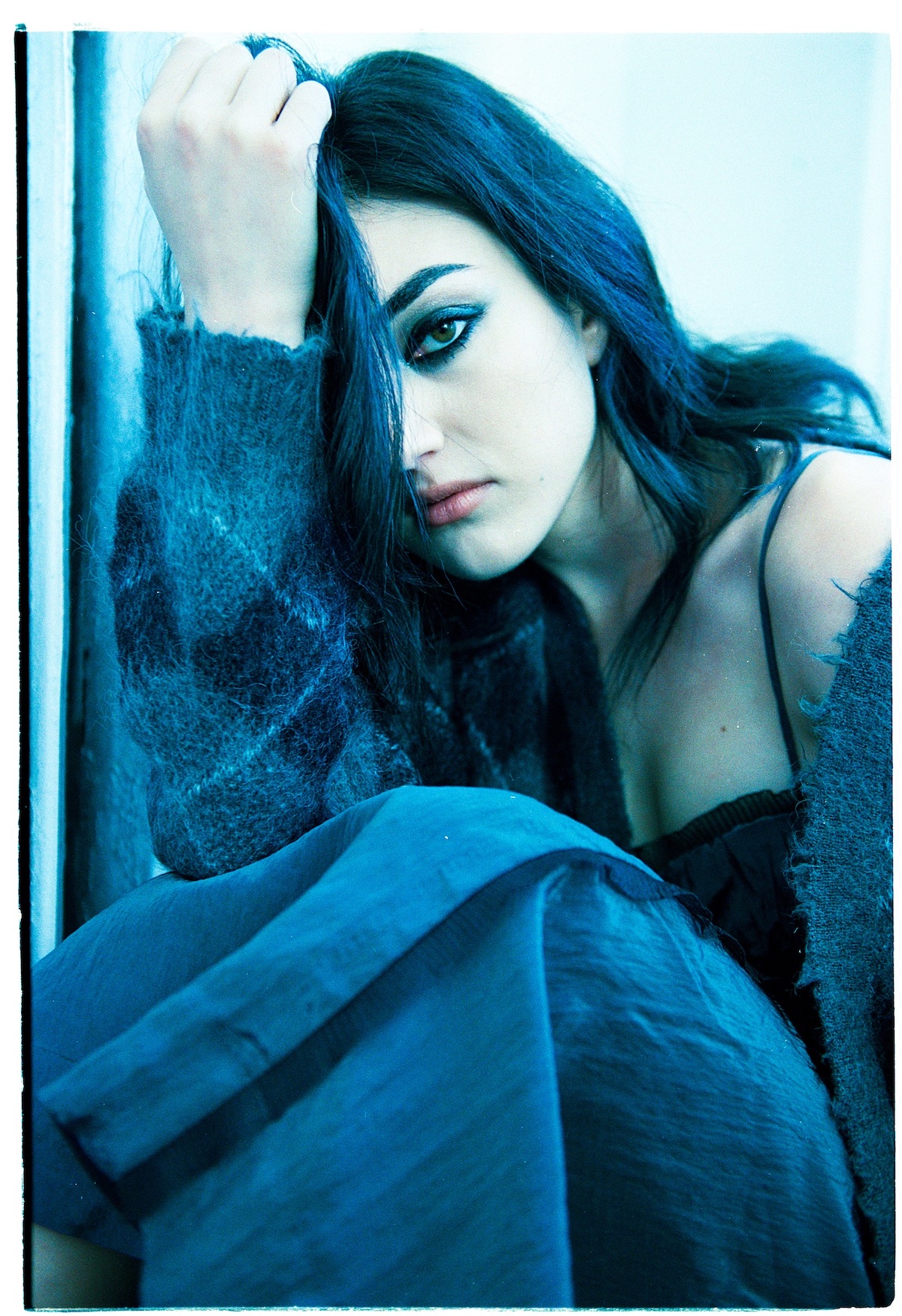
I had no choice but to confide in myself. I’m not going to sit there talking to myself in the middle of the night. I just put it into my lyrics.
What’s next for ROREY?
ROREY: So much new music. I’ve been sitting on demos that need to see the light of day because they’re part of my story. I’m headlining the Knitting Factory on April 25th in the Lower East Side. It’s my first headline ever. We have another project in the works, but probably won’t come out until next year. I’m working on getting on a support tour. I’m really excited. I try not to have expectations because the universe has a plan, but I’m definitely working towards a lot of things.
— —
:: stream/purchase Standby here ::
:: connect with ROREY here ::
Stream: “Standby” – ROREY
— — — —

Connect to ROREY on
Facebook, Twitter, TikTok, Instagram
Discover new music on Atwood Magazine
© Erica Devin Snyder
:: Stream ROREY ::

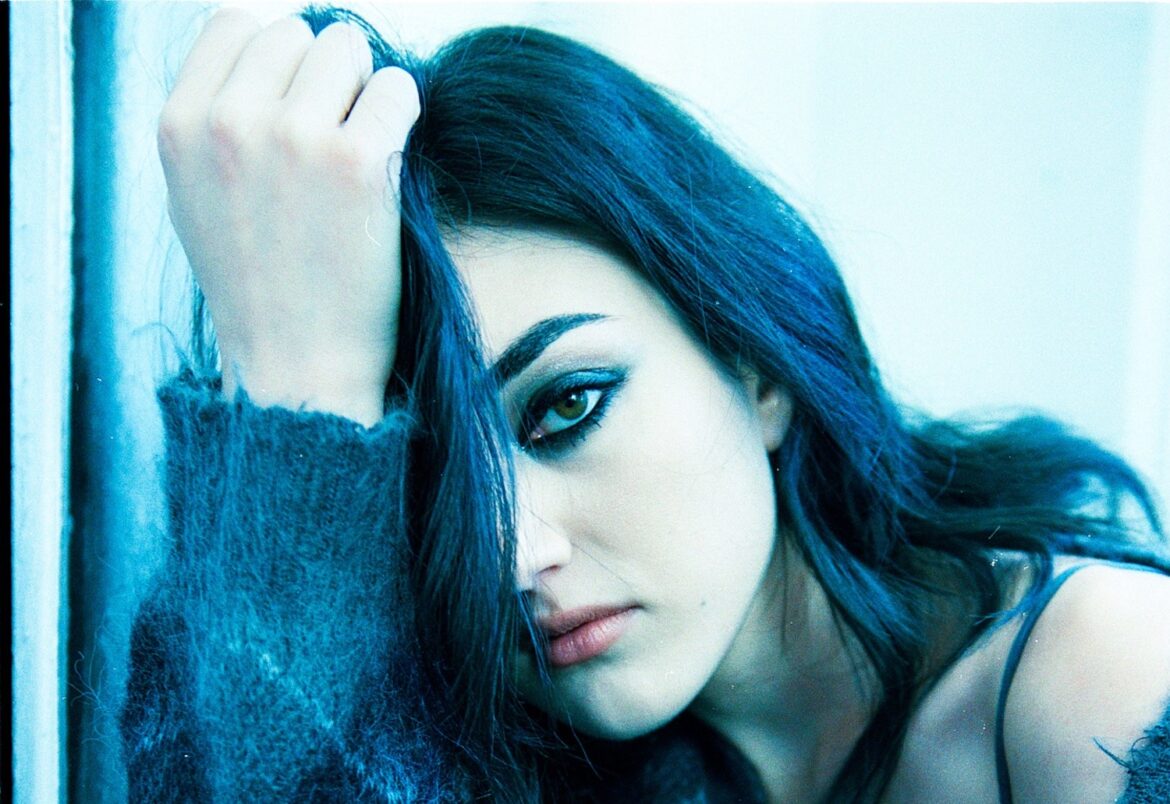
 © Erica Devin Snyder
© Erica Devin Snyder
